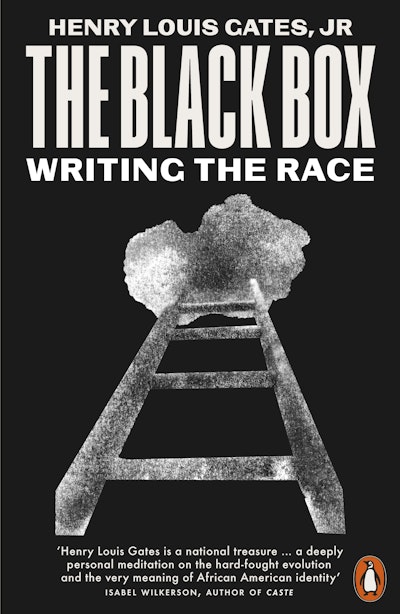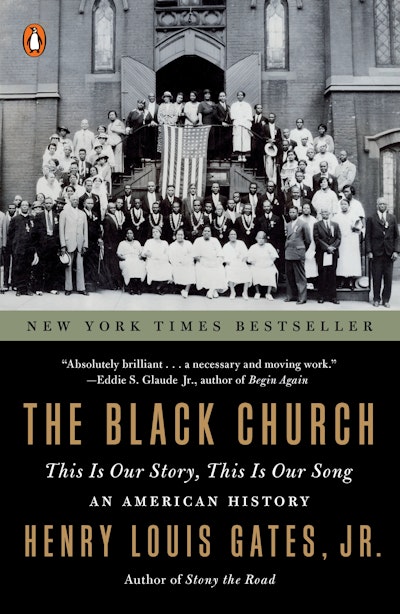- Published: 17 June 2025
- ISBN: 9781802064636
- Imprint: Penguin Press
- Format: Paperback
- Pages: 304
- RRP: $26.99
The Black Box
Writing the Race
- Published: 17 June 2025
- ISBN: 9781802064636
- Imprint: Penguin Press
- Format: Paperback
- Pages: 304
- RRP: $26.99
The allure of this book, and the reason for its existence, are the narrative links he draws among these people and events, and his insistence that a survey of African American history is incomplete without a special consideration of how writing has undergirded and powered it. This is a literary history of Black America, but it is also an argument that African American history is inextricable from the history of African American literature
Tope Folarin, The New York Times
An absolute tour de force... A study in the art, intellect, and inherent contradictions that define the making of a people
Elle
Gates tracks questions of class, language, aesthetics, and resistance in a manyfaceted, clarifying, era-by-era chronicle propelled by vivid considerations of such influential Black writers as Phillis Wheatley, W. E. B. Du Bois, James Weldon Johnson, Zora Neale Hurston, Richard Wright, and Toni Morrison . . . A call to protect the free exchange of ideas in the classroom and beyond
Booklist (starred review)
A must for scholars, yet still accessible to general audiences, by arguably the preeminent scholar of African American studies. This gem brilliantly reflects multiple depictions of what it means to be a Black American amid complex, structured interracial and color-based discrimination discourses, in which writing and language are keys
Library Journal (starred review)
Henry Louis Gates is a national treasure. Here, he returns with an intellectual and at times deeply personal meditation on the hard-fought evolution and the very meaning of African American identity, calling upon our country to transcend its manufactured divisions
Isabel Wilkinson, New York Times bestselling author of The Warmth of Other Suns and Caste: The Origins of Our Discontents





